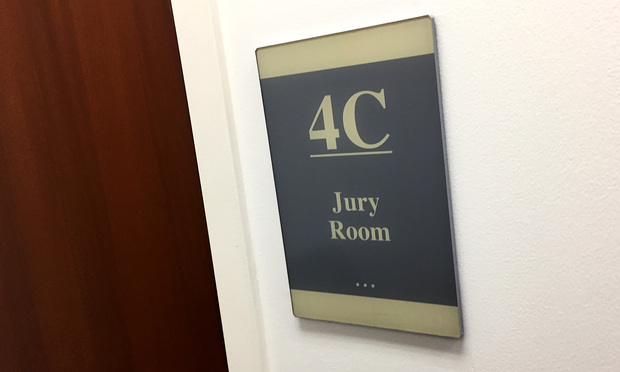In a first-impression issue of how courts should treat partially defective jury verdicts, the Pennsylvania Supreme Court has ruled that it is up to trial courts to determine whether damages awarded in error may be weeded out and retried separately, or whether the entire verdict must be sent back.
The high court’s 6-1 decision in Mader v. Duquesne Light declined to adopt a per se holding that would apply in all cases.
This content has been archived. It is available through our partners, LexisNexis® and Bloomberg Law.
To view this content, please continue to their sites.
Not a Lexis Subscriber?
Subscribe Now
Not a Bloomberg Law Subscriber?
Subscribe Now
LexisNexis® and Bloomberg Law are third party online distributors of the broad collection of current and archived versions of ALM's legal news publications. LexisNexis® and Bloomberg Law customers are able to access and use ALM's content, including content from the National Law Journal, The American Lawyer, Legaltech News, The New York Law Journal, and Corporate Counsel, as well as other sources of legal information.
For questions call 1-877-256-2472 or contact us at [email protected]


 Photo: Diego M. Radzinschi/ALM
Photo: Diego M. Radzinschi/ALM





